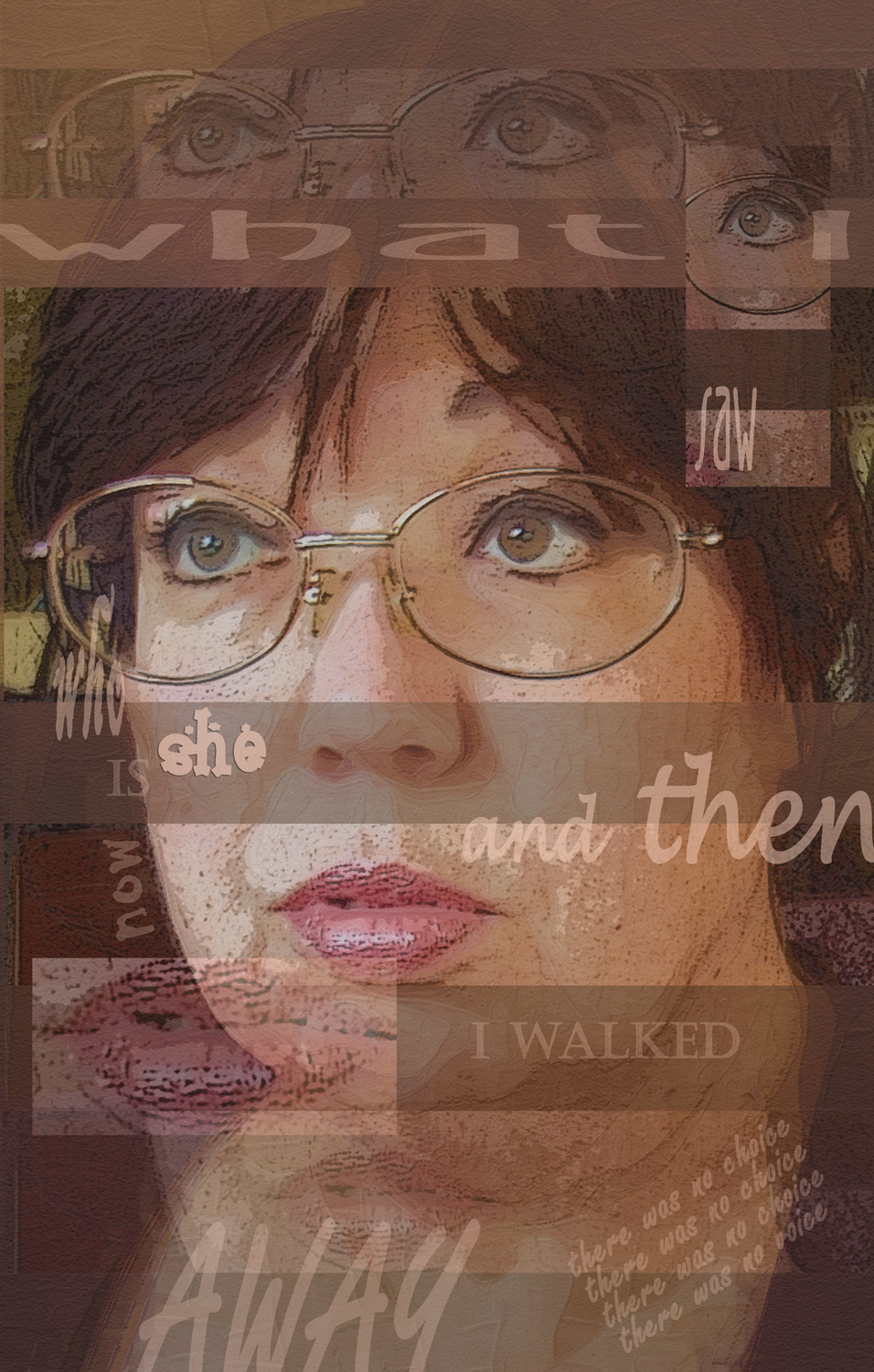I've never met a "real' ex-atheist. No doubt your first thought (if you're theist) is that I'm in denial. But no, I am pretty certain that I'm not, and I'll tell you why with a few more memorable examples.
To be clear I am not saying it's impossible
for an atheist to change. I'm saying that I've never seen it happen, and
further, a lot of people who think they were once atheist were not.
Ever.
One excellent illustration of this is a man I
encountered who 'chose to be an atheist for two weeks', to see
what it was like. I can't imagine that needs explanation, but " you
cannot choose whether or not you believe in a god. You
can choose to either investigate theology, or blindly accept it, but you
will then be subject to whatever you personally conclude. This fellow
actually walked into a gathering of atheists and proceeded to argue with
them that he'd been an atheist. Now, he's a very smart man in general; a
teacher, highly literate, but he was so off base on this one it was
truly uncomfortable. He explained that he'd spent two weeks living
without god. No church, no praying, etc. He actually convinced himself
that meant he was atheist for two weeks, and therefore he understood
atheism in its entirety and was fully prepared to show us the errors of
our ways.
Another sad example is of a man who was a real atheist all his life, to the chagrin of his Christian family. He then had a series of massive strokes and heart attacks, was reduced to someone who grabbed at any nearby woman's breasts or genitals, repeated himself into absurdity, and was otherwise severely mentally incapacitated. He neither claimed to be an ex-atheist nor to believe, he simply liked to sit in his wheelchair and watch endless western movies and preachers on tv, so his family insisted he'd obviously returned to the fold even though they understood that he was incompetent on all other counts, on that one, they were certain he'd been saved. Sigh. (In this case, those claiming "ex' atheist were family, not the person himself.)
Finally, a university PhD professor who claimed he was a "Christian-Atheist'. On the surface, it appeared he didn't believe in gods but chose to embrace the more positive tenets of Christianity - a best of both worlds situation, thus, he coined his christian-atheist persona. I got to know him pretty well. It turned out to be pure baloney a way to sexually conquer his young female students by making himself 'fascinating'. (Oh ethics!) Hereally didn't want to believe, because the intellectual side of him told him it was nonsense, but he couldn't stop believing; likewise, he claimed his morality was Christian - seducing one's students isn't Christian, and it's not atheist, either. It's immoral and unethical, plain and simple. He was embarassed by his belief, so he claimed he was part-atheist and partied on. What an inelegant creature.
We've encountered others who said they were "atheist' in their rebellious youth didn't think a bit about the questions of whether or not gods exist; perhaps only relishing the "cool' aspect of being an outsider. When they 'grew up', they went right back to the faiths of their fathers, unquestioningly. It's surprising how many people think that it means you're atheist if you don't attend any religious services. That's simply not true.
Now, am I saying it is impossible for a "fully realized atheist' (thanks to Rick Wingrove for FRA), to have an epiphany and return to belief in a god? Nothing is impossible when one abandons reason for "faith'. I find it hard to buy, but I cannot say I know it's not possible. People do strange things. Even atheists.
But, in every case I've
encountered (in 13 yrs as sysop on Compuserve's Religion forum I
discussed this daily with thousands of folks interested in debating the
question of gods for and against), I can honestly say that I have
never met a real atheist (FRA) who abandoned his or her atheism to
return to a religion. I imagine they must exist, somewhere over the
rainbow.
There are many very sincere questioners. Some folks
are quite torn up about it, so unsure are they that it becomes a source
of extreme anxiety for them. Many were terrified of atheism thinking
that if they admitted they didn't believe, even admitted they doubted,
they'd suddenly turn into serial killers. They hadn't figured out that ethics
and morality are already here" and if there was no god, then
clearly you didn't need one to tell you how to behave. When one stops
believing, one realizes that instead of an emptiness, a feeling of
something missing, they discover a fantastic sense of calm, like
stepping out of a stuffy bar into a beautiful spring day. It feels like
the cage is gone, the blinders are gone. Instead, though, we find that
people don't like atheism. It scares them, because it
challenges what they have been told is their core reason for being. So,
they heap all sorts of negative traits onto atheism.
It's important to challenge this perspective, to change the way atheists are viewed. Most atheists, just like most theists, are good people. We need to make sure the world knows that.
Originally published here. You can subscribe to my Freethought articles here, and/or my science articles here.








